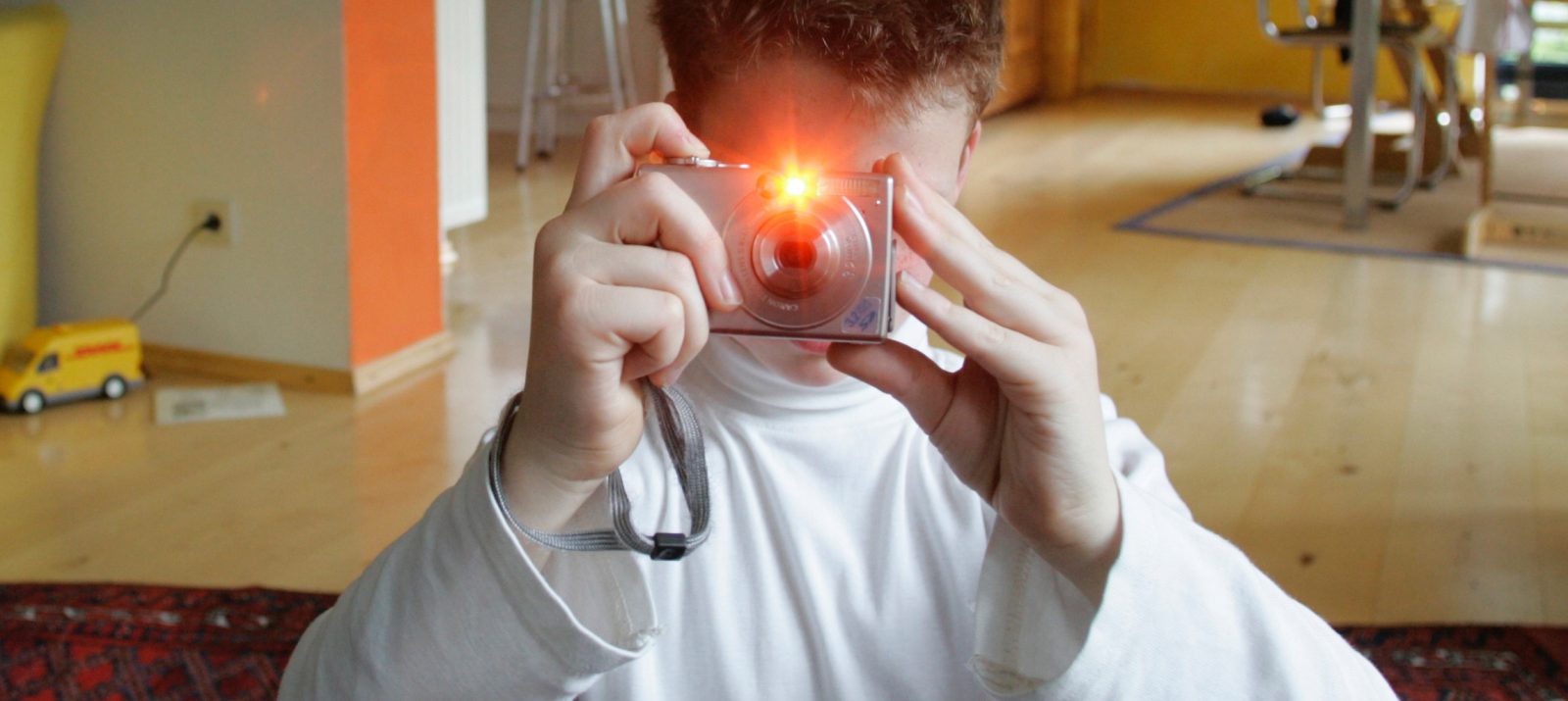
First day of school after the vacations: Right at the beginning, class photos are taken, which can be seen on the school’s website and Facebook page the day after. Is that allowed? This depends on whether you signed what is called a photo release or consent form when you enrolled your child at the school.
In principle, all people in Germany have the “right to their own image”. This is a personal right that is protected by the Basic Law. It means that no one can take photos or videos of you or your child and simply publish them – for example, on the Internet – unless you have been asked for permission beforehand. The EU’s General Data Protection Regulation (GDPR) has even strengthened this right.
Especially for children and adolescents, special rules apply that are protected by the GDPR. If your child is younger than 12, you as the parent or guardian decide with your signature whether pictures of your child may be published. If your daughter or son is at least 12 years old, your child should also be asked himself or herself whether he or she agrees to publication and also sign. It is assumed that from around this age, children are able to assess what it means when a photo of them is on the Internet. Nevertheless, you should also involve your child at an earlier stage and explain to him or her what the consequences of publishing photos or videos may be.
Especially when it comes to images of children and young people on the Internet, declarations of consent should be as transparent and comprehensible as possible. You need to know where exactly the photos or data are published and for what purpose they are used. It should also be clear from the consent exactly which data or which motif is being used, i.e. what exactly is being photographed. It is usually not necessary that your child’s full name is also published with the photo.
Such consents are always voluntary and you may withdraw them at any time. An exception to consent forms are photos in which you can be seen but are not the focus of attention, but were only photographed by chance at a school festival, for example.
If you as a parent take photos or videos of your child and his or her friends for purely private purposes at a school event, for example, that’s fine. But when it comes to sharing these pictures or videos via WhatsApp or Facebook, for example, you also need the consent of the person in the picture and, as long as he or she is not yet 18 years old, that of the parents as well. However, in this case it is sufficient to ask verbally.
WhatsApp groups are popular among young people and their parents. Students set up class chats. Parents exchange information in groups about organizational issues concerning the school. Not only text messages are written, but also photos and videos are sent. You should agree among yourselves that photos will not be posted in the group without the consent of the people pictured, and that they may not be shared with anyone outside the group. This protects privacy rights and reduces the risk of strangers having access to photos of your child.